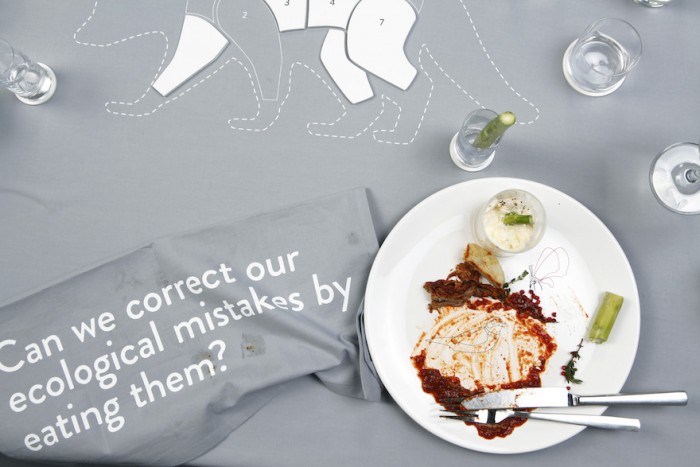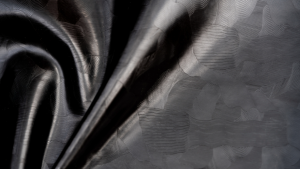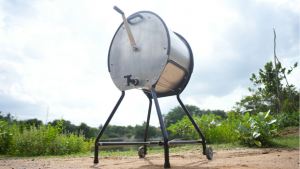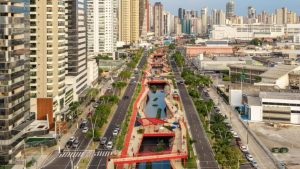Alexandra Fruhstorfer is a multidisciplinary industrial designer who is exploring innovative ideas that address the often harmful manner in which human beings consume the earth’s resources.
Last year she formed part of the inaugural antenna – a Design Indaba-initiated gobal scan for the world's top graduates that debuted in partnership with Dutch Design Week. At #Antenna2017 she presented her Menu from the New Wild project, which looked at the impact of invasive species on the surrounding environment and ways human beings can help through something as simple as eating them.
Her three course menu and the dining experience around it served as playful and experiential medium for a broad audience to participate in the discussion about global ecological changes and the role of humans in it. The special dining setup enabled consumers to experience the balancing and regulating effect their eating habits have on our ecosystems.

Her other project, developed alongside fellow designers, Max Scheidl and Anna Neumerkel, is called Transitory Yarn. Cognisant of how current manufacturing processes create products to inevitabley reach obsolescence, Fruhstorfer and her partners set about producing a material and process that would enable a garment to be transformed multiple times over the course of their life time.
Employing an intricate process of severing and re-entangling thread, the Transitory Yarn system imagines an entirely new standard of production. Garments are fitted with something termed a ‘Transition Button’, devices that store complex, individual data about the wearer and the lifecycle of the items’ specific kind of yarn. It also holds the stitches and seams of the garment together.

When the wearer decides its time to give the garment new life, emergent knitting technologies are employed to easily unravel the piece. The yarn obtained from this process is then transformed into a new item, the details of which come from the informations stored in the yarn’s ‘Transition Button’.
A project that questions the continous disposal that accompanies human consumption, Transitory Yarn proposes a new production standard with both economic and cultural value. "We are exploring the potential of our project,” says Fruhstorfer. “It has many advantages in terms of ecology, but also in terms of local production."
Read more on how designers are experimenting with textile production:
This stylish and smart clothing range stretches as your children grow







